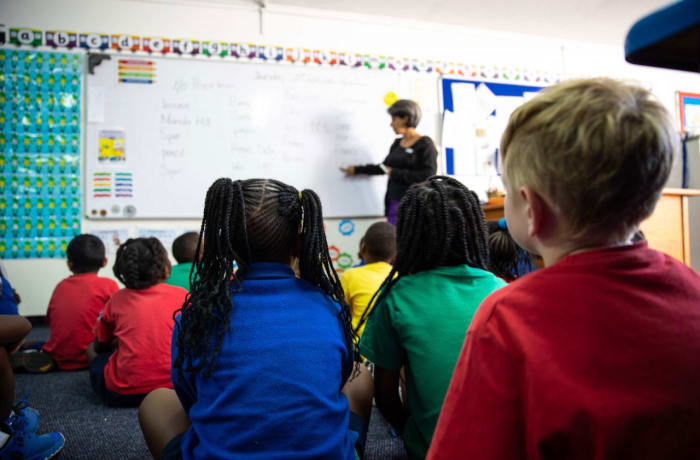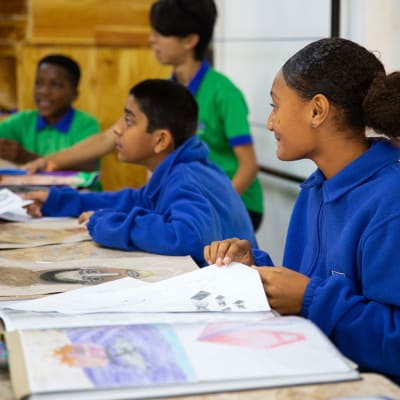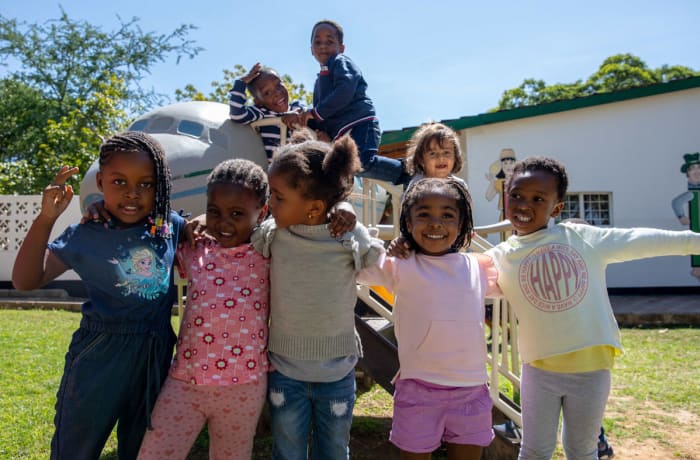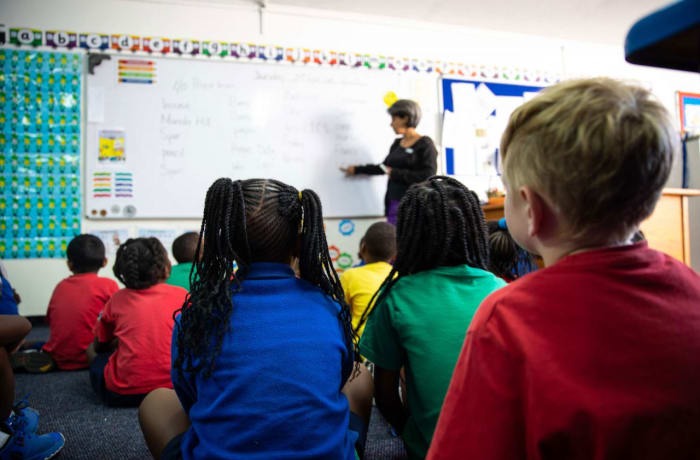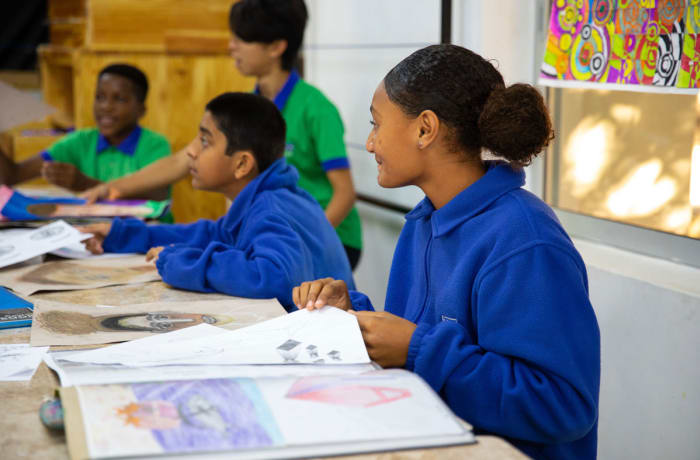
Lusaka International Community School (LICS)
Lusaka International Community School (LICS) founded in 1993, is a non-profit making school providing quality internationally-recognised education to a culturally diverse student body in a caring and supportive environment. The school follows the University of Cambridge International Examinations (CIE) curriculum, providing a full range of subjects in academic disciplines, as well as co-curricular activities in the areas of culture, creative arts and sport. Students interested in attending LICS for their 6th Form/A-Level are also invited. All courses follow the Cambridge Assessment International Education (CAIE) syllabus.
Contact info
+260 967 989205
Message business
Enquiries, questions, quotation requests etc
Enquire via Email
Pre-primary
The pre-primary school is made up of an early learning centre and reception classes, catering for learners between the ages of 1 to 5 years. Lusaka International Community School is committed to providing an optimal learning environment. This lays the foundation for children to master the skills, attitudes and dispositions to equip them, not only for future schooling, but for life after school.
A well secured area with two playgrounds
Learning support department for learners with special educational needs
Aftercare facilities offered
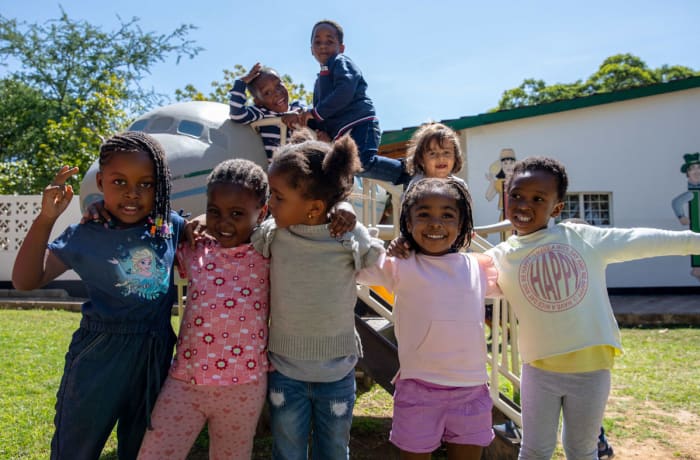

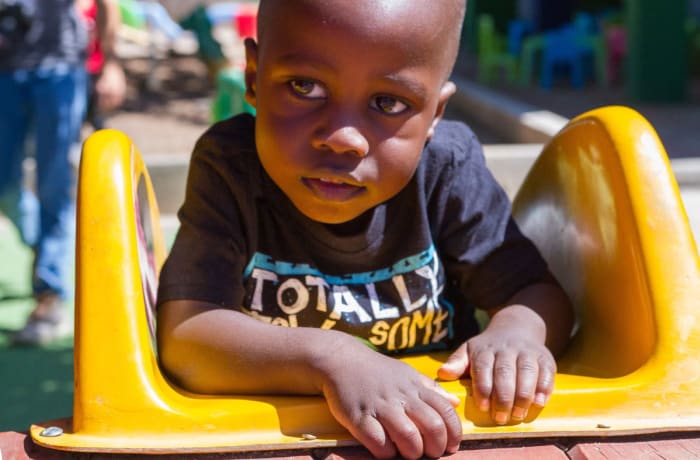

+8
Products and Packages
1-3 of 12 results
$376
All Tuition Fees are calculated on an annual basis.
There are four terms in the academic year.
Fees are payable by arrangement either annually, termly or monthly.
The fees include all textbooks up to Y11, A-level students have to pay for textbooks. Residential and International school trips will be charged separately.
$395
All Tuition Fees are calculated on an annual basis.
There are four terms in the academic year.
Fees are payable by arrangement either annually, termly or monthly.
The fees include all textbooks up to Y11, A-level students have to pay for textbooks. Residential and International school trips will be charged separately.
$687
All Tuition Fees are calculated on an annual basis.
There are four terms in the academic year.
Fees are payable by arrangement either annually, termly or monthly.
The fees include all textbooks up to Y11, A-level students have to pay for textbooks. Residential and International school trips will be charged separately.
Primary school
Lusaka International Community School caters for children between the ages of 4 and 11 years and follows the Cambridge Primary Curriculum for Maths, English, Science, Music, PE, ICT and Art. Students in year 6 sit for primary checkpoint assessments. These are internationally recognised and externally assessed.
Offers a stimulating and nurturing environment
Friendly atmosphere conducive to positive learning
A range of extra-curricular activities offered



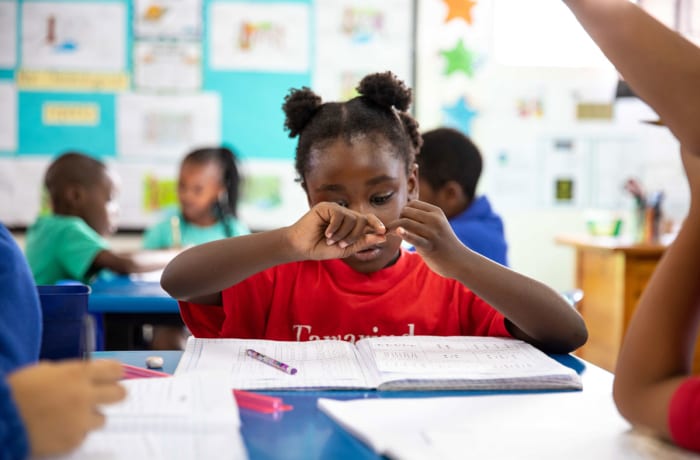
+5
Products and Packages
1-3 of 12 results

Lusaka International Community School (LICS)
Primary school
$892
Year 1 to Year 6
All Tuition Fees are calculated on an annual basis.
There are four terms in the academic year.
Fees are payable by arrangement either annually, termly or monthly.
The fees include all textbooks up to Y11, A-level students have to pay for textbooks. Residential and International school trips will be charged separately.
ther enrolment fees apply please enquire belo
Secondary education and A-Levels
With an upper and lower secondary school catering for children between the ages of eleven and sixteen years, Lusaka International Community School (LICS) offers quality education and an holistic teaching approach. This combination prepares them for the International General Certificate of Secondary Education (IGCSE). And to help students identify what degrees may suit their intellectual talents, LICS also offers a wide selection of A-Level programmes. These are usually studied over a two-year period qualifying students for UK universities' assessments of students' eligibility for undergraduate degree courses.
A very dedicated international teaching body
Provides quality internationally recognised programs for students
Based on the Cambridge International Curriculum
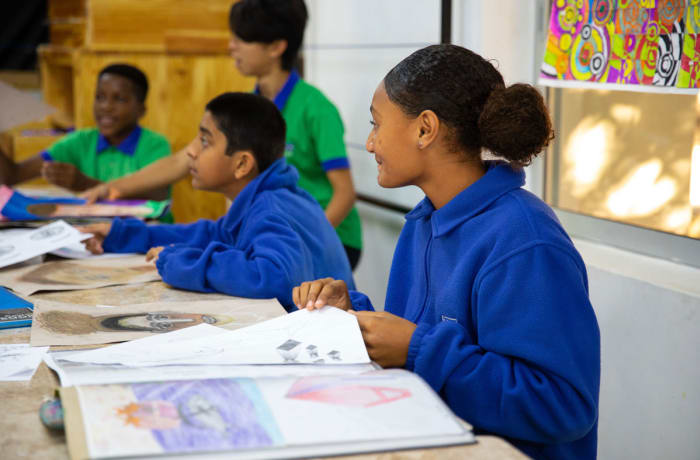
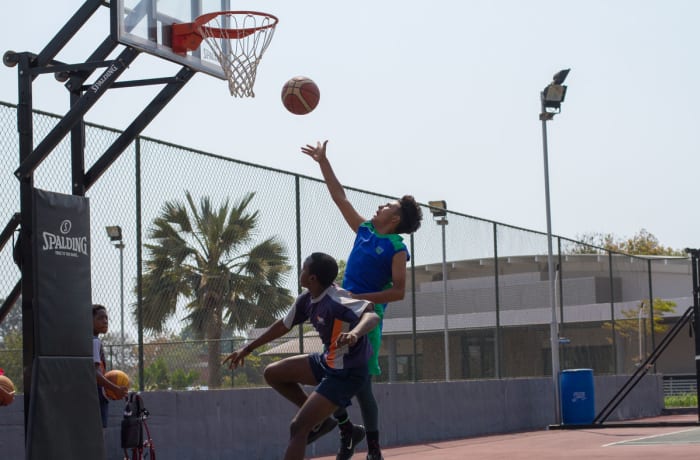


+8
Products and Packages
1-3 of 13 results

Lusaka International Community School (LICS)
Secondary school
$892
All Tuition Fees are calculated on an annual basis.
There are four terms in the academic year.
Fees are payable by arrangement either annually, termly or monthly.
The fees include all textbooks up to Y11, A-level students have to pay for textbooks. Residential and International school trips will be charged separately.

Lusaka International Community School (LICS)
Secondary school
$1,032
All Tuition Fees are calculated on an annual basis.
There are four terms in the academic year.
Fees are payable by arrangement either annually, termly or monthly.
The fees include all textbooks up to Y11, A-level students have to pay for textbooks. Residential and International school trips will be charged separately.
Contact information
+260 967 989205
Message Lusaka International Community School (LICS)
Enquiries, questions, quotation requests etc
Enquire via Email
Run a business in Zambia?
© 2021 Infobwana, Ltd. All rights reserved. Formally thebestofzambia.com · Learn more

